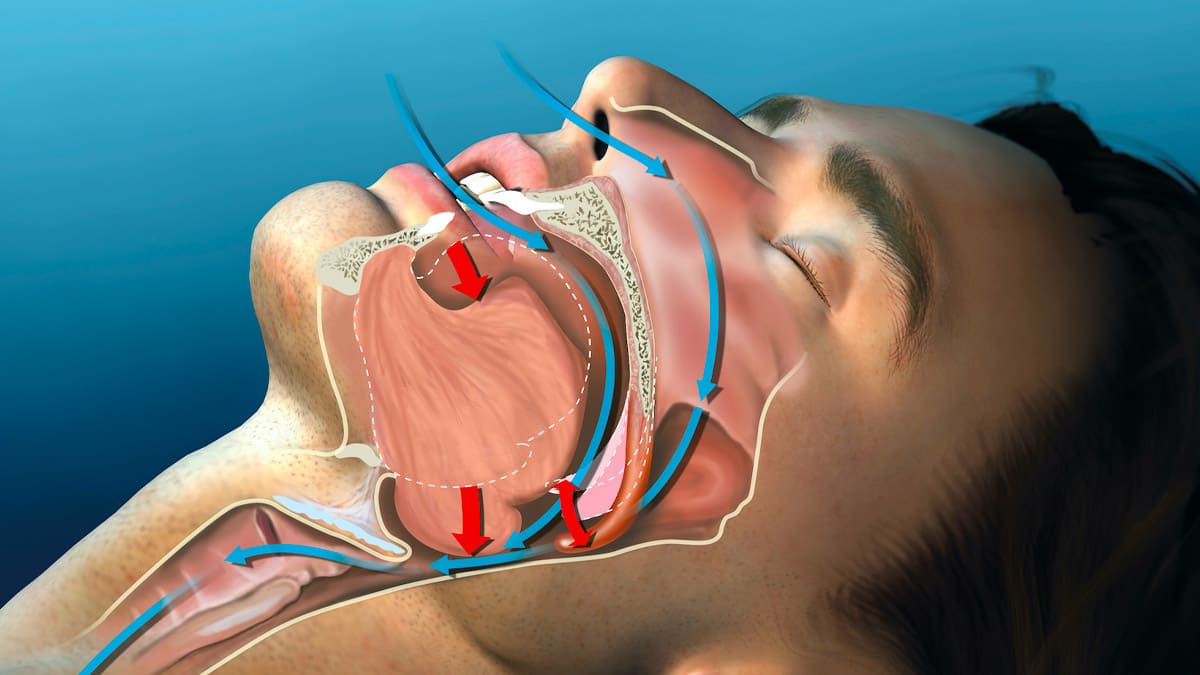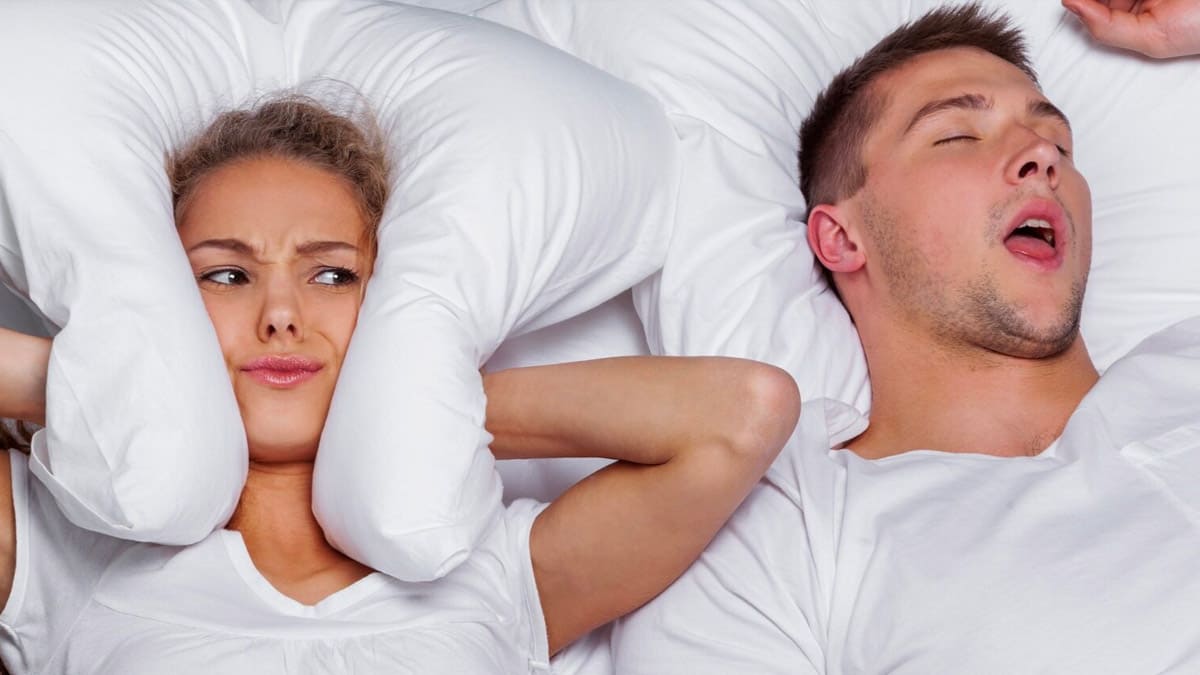Snoring and Sleep Apnea
Snoring and sleep apnea are two separate medical conditions that cause respiratory disturbances during sleep.
Snoring is a condition that produces a sound due to vibrations of soft tissues that create an obstruction in the airway. Snoring typically affects the quality of sleep for the individual and their sleeping partner, but it is not a serious health issue.
Sleep apnea is a more serious condition and causes brief pauses in breathing due to complete blockage of the airway. These breathing pauses result in repeated irregular breathing patterns during sleep, which can affect sleep quality. Sleep apnea can lead to serious health problems such as fatigue, daytime sleepiness, and even heart disease.
Both conditions are usually caused by factors such as soft tissue sagging in the mouth and throat or weight gain. The treatment for snoring and sleep apnea can vary depending on the cause. In some cases, simple treatments such as lifestyle changes or oral devices may be sufficient, while more serious cases may require surgical intervention or more serious treatments such as CPAP (continuous positive airway pressure) devices.
İçindekiler
Snoring and Sleep Apnea Treatment in Dentistry
Dentistry uses intraoral devices, which are an effective method for treating snoring and sleep apnea. These devices provide support in the mouth and jaw, changing the position of the jaw to keep the airway open.
Intraoral devices are designed specifically for each individual, after measurements taken by a dentist. They are usually preferred for cases of snoring and mild sleep apnea. These devices enable the jaw to move slightly forward during sleep, preventing soft tissues in the throat from collapsing and blocking the flow of air. As a result, the sleep of individuals with snoring and sleep apnea complaints becomes healthier and more restful.


Among the other advantages of oral devices are treating snoring and sleep apnea without requiring surgery, being easy to use, portable, and easy to maintain.
However, for oral devices to be effective, they must be applied and monitored correctly. Therefore, it is important to conduct a thorough examination and evaluation before using oral devices recommended by a dentist.
Dentistry is an effective method in the treatment of snoring and sleep apnea. However, it is recommended to consult a dentist to determine the appropriate treatment option for each case.
Frequently Asked Questions about Snoring and Sleep Apnea Treatment
Snoring is defined as a noisy sound that occurs during sleep when air passes through the nose or mouth due to narrowing or obstruction of the airway, while sleep apnea is a more serious condition characterized by complete or partial cessation of breathing during sleep.
You can seek treatment for snoring and sleep apnea from several types of doctors, including an ear, nose and throat specialist, sleep specialist, pulmonary specialist, neurologist, and dentist.
Among the methods used for the treatment of snoring and sleep apnea are lifestyle changes (such as weight loss, exercise), CPAP (continuous positive airway pressure) device, oral appliances, surgical intervention, and tongue and soft palate surgery.
Oral devices are custom-designed for individuals by a dentist, using measurements taken from the patient’s mouth. These devices provide support in the mouth and jaw, changing the position of the jaw to keep the airway open. The oral device is worn before sleep and works by gently moving the jaw forward during sleep.
The success of the treatment depends on the person’s condition, the treatment method used, and whether it is properly monitored. However, with appropriate treatment, it is possible to reduce or eliminate snoring and sleep apnea symptoms.
The effectiveness of which treatment method is more effective depends on the individual’s condition. In some cases, oral devices may be a more suitable option, while in other cases, CPAP devices may be more effective. Therefore, it is important to consult a doctor to determine the appropriate treatment option.